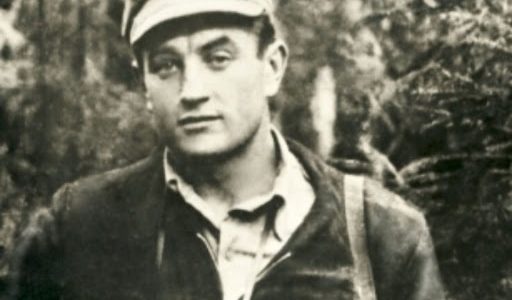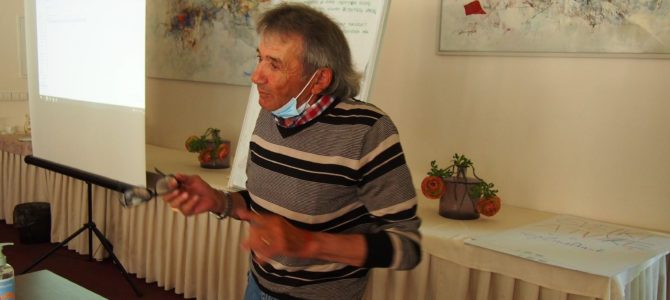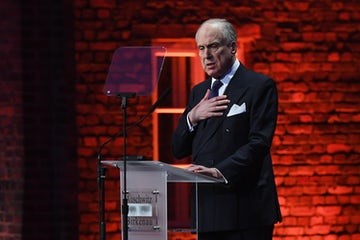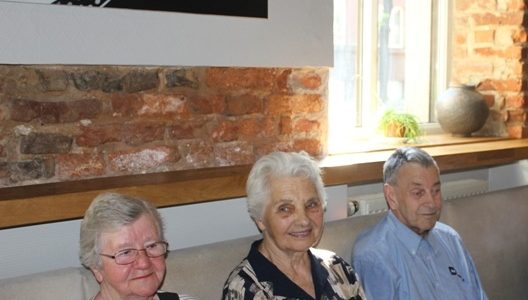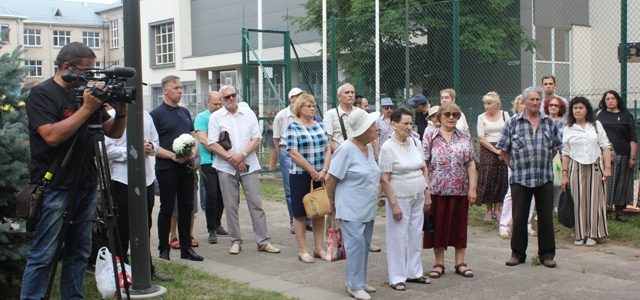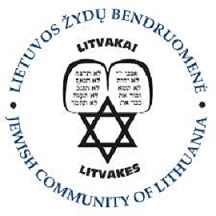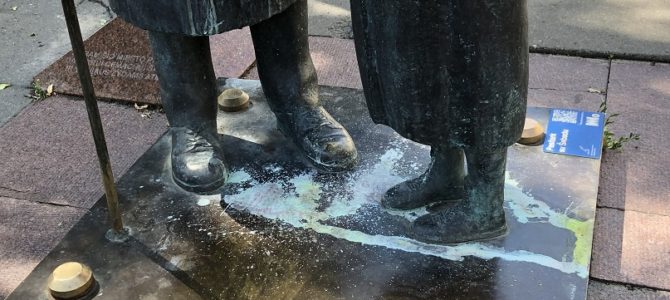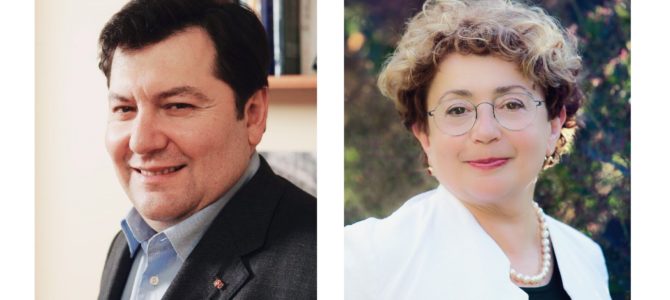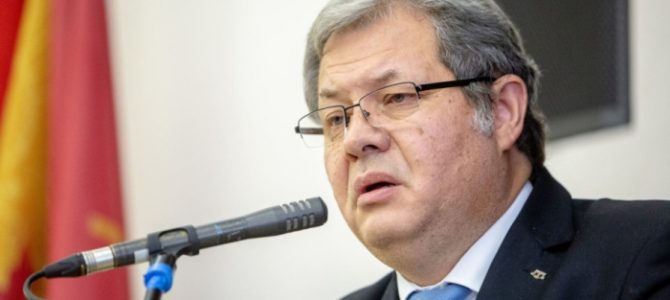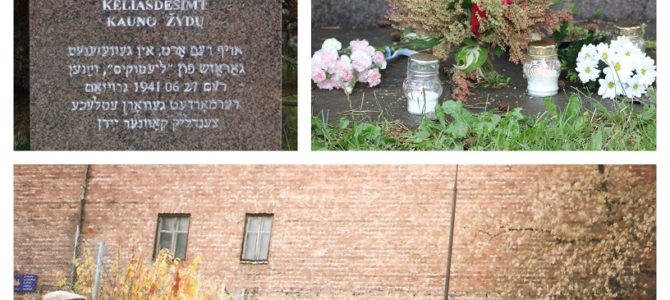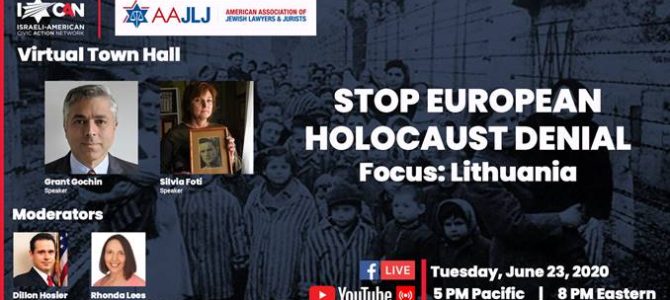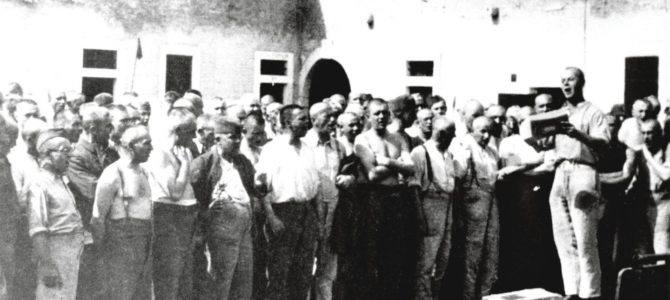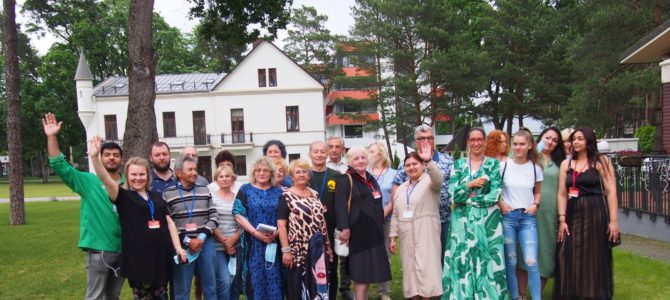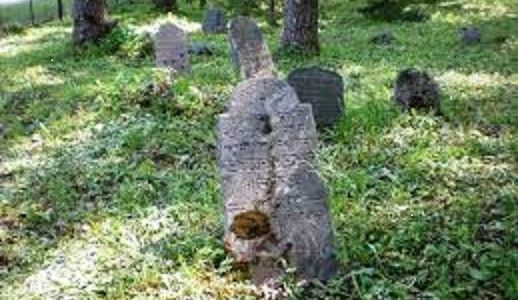July 2, 2020
His Excellency Viktoras Pranckietis
Speaker of the Seimas
Vilnius, Lithuania
Dear Speaker Pranckietis,
We are deeply troubled to learn that the Seimas will entertain a resolution which would dedicate 2021 the Year of Juozas Lukša-Daumantas, a leader of the World War II-era Lithuanian Activist Front.
The Lithuanian Activist Front was founded in Berlin and was an early ally of the Nazis in the occupation of Lithuania. It was proudly anti-Semitic, and many of its members were directly involved in the persecution and murder of Lithuanian Jews. Despite its anti-Soviet focus and later conflict with the Nazi powers, its vision of an independent Lithuania was of an ethnically “pure” homeland with no place for Jewish citizens.
Some may question if there is sufficient documentary evidence to show that Lukša-Daumantas was guilty of war crimes. That is not relevant to the decision before the Seimas. There is today a worldwide reckoning with history and growing recognition in all Western democracies that even past leaders of great accomplishment must forfeit any honor if they were also racists, bigots, or anti-Semites. Surely Lithuania should do no less.
With that in mind we implore you to take no action which might give honor to any leader of the Lithuanian Activist Front. Instead you should defer such matters to the International Commission for Evaluating the Crimes of the Nazi and Soviet Occupational Regimes appointed by the Lithuanian president for a clear and critical understanding of this tragic period in the country’s history.
As co-chairpersons of the Lithuanian Goodwill Foundation, we have valued the warm cooperative relationship we have had with you since your first days as Speaker. We know we share a common commitment to maintain the legacy and history of Jewish life in Lithuania and to build an inclusive and tolerant future. It is in this spirit that we write to you.
With sincere regards,
Faina Kukliansky, Chairwoman, Lithuanian Jewish Community; Co-Chairperson, Goodwill Foundation
Rabbi Andrew Baker, AJC Director of International Jewish Affairs; Co-Chairperson, Goodwill Foundation


